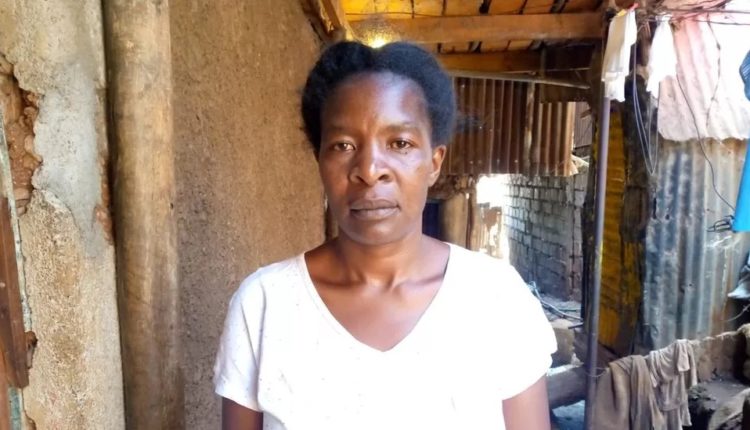Evarline Okello breaks down in tears as she tells me she is hundreds of dollars in debt, after paying a pastor to pray for her.
She lives in a tiny shack in Kibera, a vast slum in the Kenyan capital, Nairobi, and can no longer provide for her four children.
Ms Okello hasn’t earned anything for months, she tells me as we talk on the telephone. So when she heard about a pastor whose prayers could make life better, she wanted to see him. He asked her for $115 (£96; 15,000 Kenyan shillings).
This is known as a “seed offering”: a financial contribution to a religious leader, with a specific outcome in mind.
Ms Okello borrowed the money from a friend, who took out a loan on her behalf. She had been told this pastor’s prayers were so powerful that she would see a return on her money within a week.
But the miracle never came. In fact things got even worse, she says. The loan her friend took out has ballooned due to unpaid interest. She now owes more than $300, and has no idea how she’ll pay it back. Her friend has stopped talking to her, and she still has no job.
“Things have become so difficult I have lost all hope,” she says.
‘Supernatural solutions’
Kenya has been hit hard by the cost-of-living crisis. Food prices rose by almost 16% in the 12 months before September 2022, according to Kenya’s National Bureau of Statistics, while World Bank figures show the number of Kenyans out of work has more than doubled in the past seven years.
“People are living very desperate lives,” says Dr Gladys Nyachieo, a sociologist at Multimedia University of Kenya.
This has increased their desire for supernatural solutions, she says, and many are now willing to pay for a miracle, even if they have to borrow the money.
“People are being told that God doesn’t want them to remain poor. So they plant a seed,” she tells me.
The practice stems from what is known as the Prosperity Gospel, which preaches that God rewards faith with wealth and health. Believers are encouraged to show their faith by giving money, which it is claimed will be repaid by God many times over.
The Prosperity Gospel has its roots in America, where it gained momentum in the early 20th Century. By the late 1970s and early 1980s Nigerian pastors were going to the US to learn more about it, and in the early 2000s its popularity spread across Africa, driven in part by American evangelists such as Reinhard Bonnke, who drew huge crowds from Lagos to Nairobi. That growth in popularity continues today.
Source: BBC


Comments are closed.